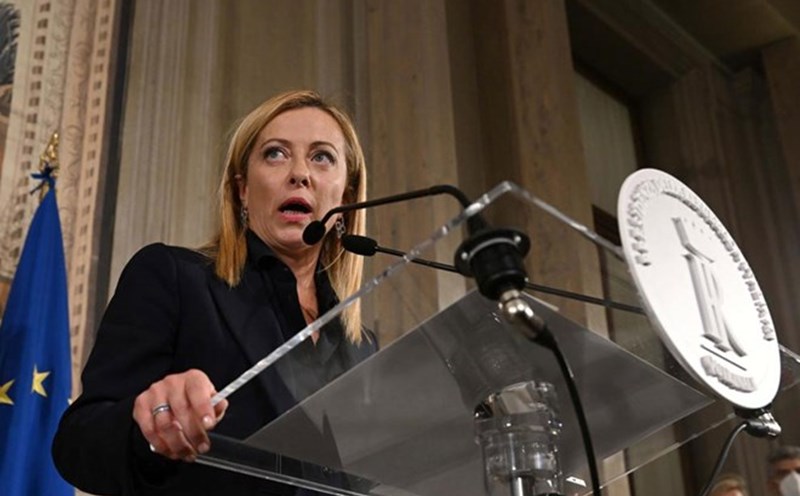On September 27, New Zealand announced that it had not yet recognized the State of Palestine, despite maintaining its commitment to the two-state solution.
Foreign Minister Winston Peters said at the UN General Assembly that the context of the ongoing war, along with Hamas still being the actual government in Gaza and not having a clear roadmap for the future, raises too many questions about the prospects of a Palestinian state.
Mr. Peters emphasized that focusing on the issue of recognition in this situation could complicate efforts to achieve a ceasefire, as there is a risk of pushing Israel and Hamas to a tougher stance.
The New Zealand government also affirmed its hope to one day recognize the State of Palestine when the on-site situation brings more prospects for peace and negotiation.
This decision caused New Zealand to deviate from the stance of traditional partners such as Australia, Canada and the UK, which have recognized Palestine, thereby standing with more than 140 other countries in support of the goal of building an independent homeland for Palestinians from occupied territories.
The New Zealand opposition party has criticized the decision. A Party spokesman, Mr. Peeni Henare, said that the government's actions would put New Zealand "on the wrong side of history". Mr. Henare affirmed that there could be no two-state solution or a sustainable peace in the Middle East without recognizing Palestine as a state.







